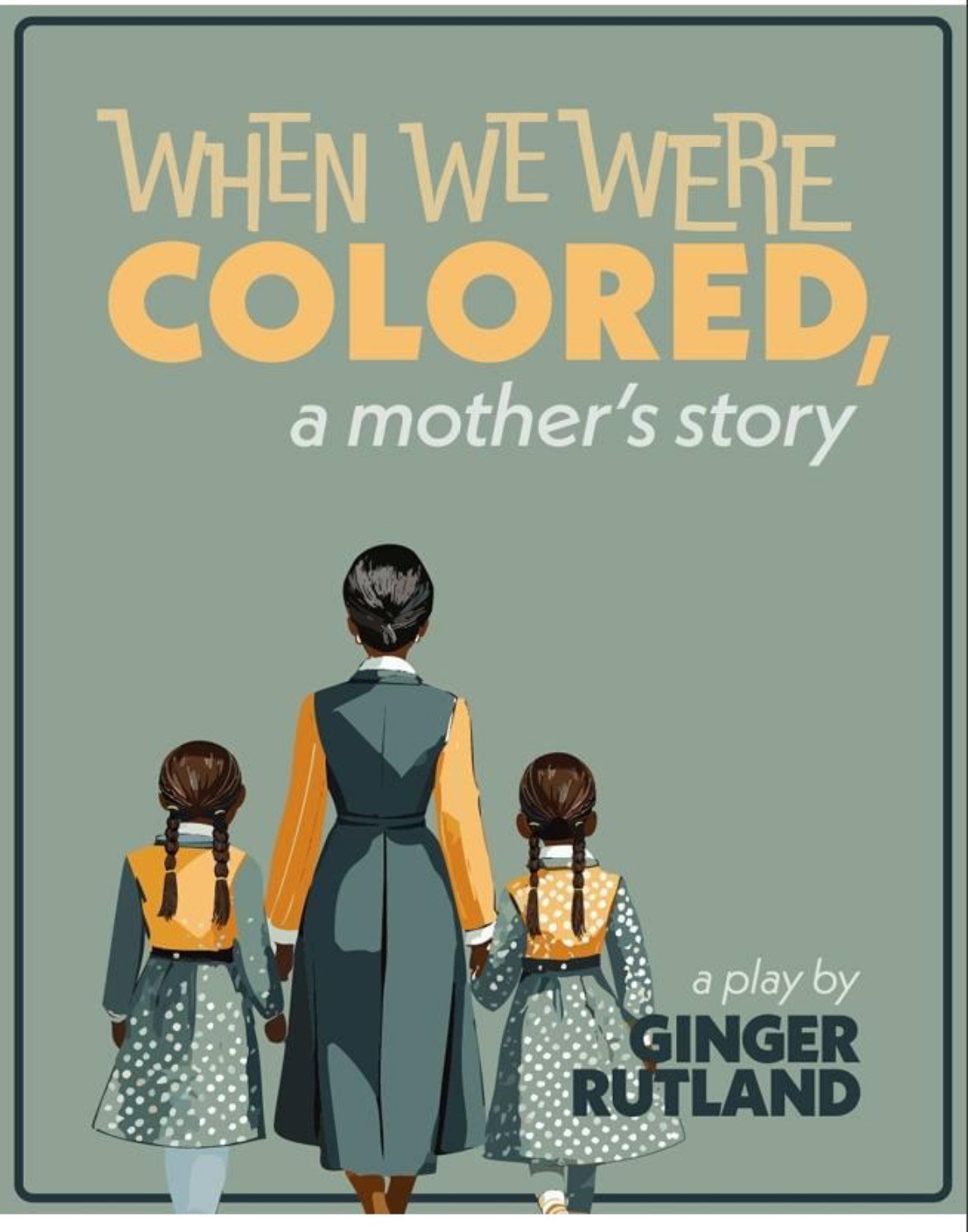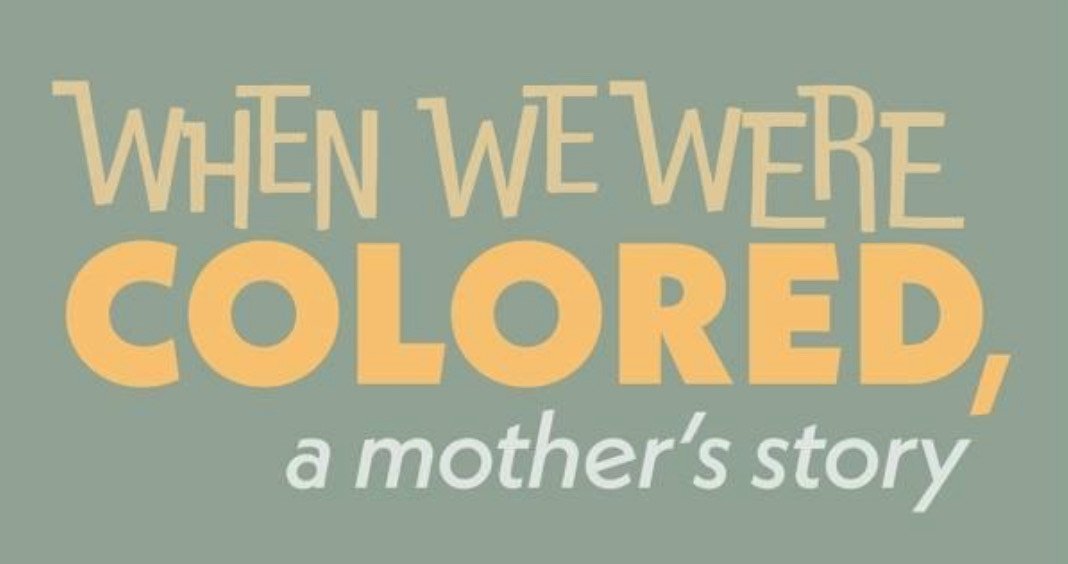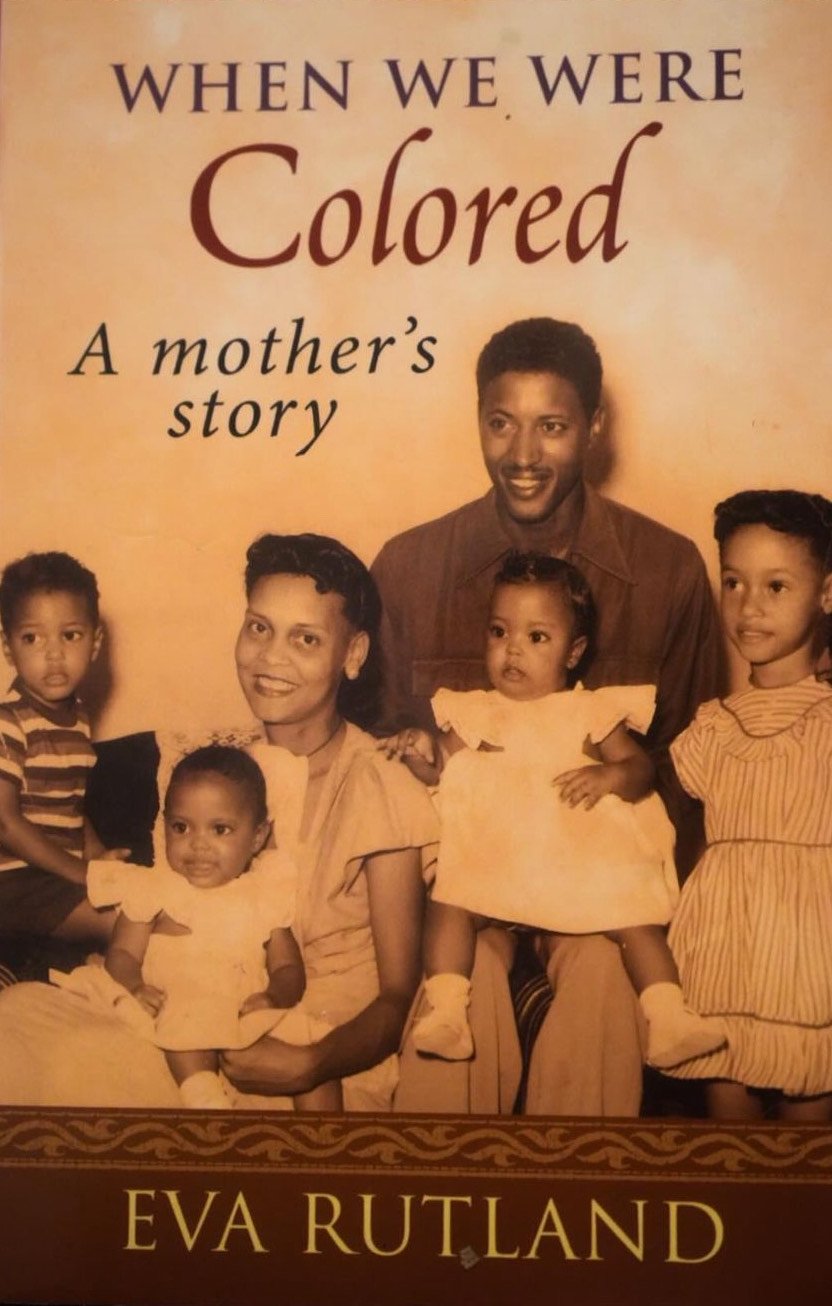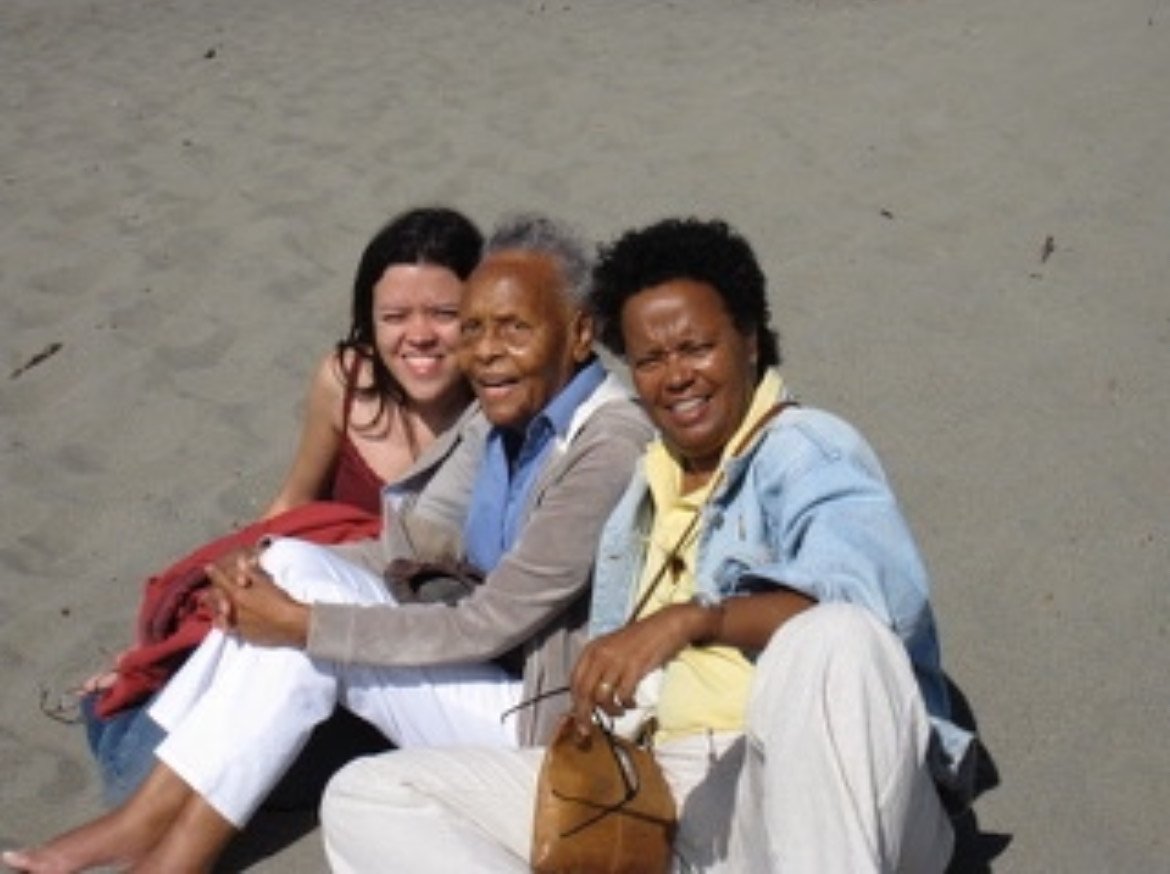COME ENJOY THE SHOW!
BUY TICKETS HERE ⬆️
LOCATION: GUILD THEATRE
Sacramento CA
Tour dates.
More about
our play…
“When We Are Colored" is a poignant and thought-provoking play that explores themes of identity, race, and community through the eyes of its diverse characters. Set against the backdrop of societal challenges, the narrative delves into the complexities of growing up in a world marked by colorism and discrimination. The characters navigate their personal struggles and triumphs, revealing the deep emotional ties that bind them while also highlighting the societal pressures they face. With a blend of humor and heartache, the play invites audiences to reflect on their perceptions of color and identity, ultimately encouraging a dialogue about acceptance and unity. It's a powerful exploration of what it means to embrace one's true self in a world that often seeks to divide.
PLAY REVIEWS!!!
"When We Were Colored - A Mother’s Story” is a terrific, poignant, insightful and entertaining night of theater (and the Historic Guild Theater is the perfect venue)! Imani Mitchell absolutely nails the lovingly cranky Eva Rutland, and Francois Battiste seems to actually become Bill Rutland (first African American elected to the Sacramento City School Board). Their chemistry on stage drives the telling of how the Rutlands’ indomitable spirit helped them navigate (and appreciate) some less harmful aspects of the segregated - but more spiritually nurturing - South. And the not-too-subtle and more emotionally frustrating racial rejection in Sacramento. Ginger Rutland’s play, based on her mother’s book, delivers a wonderful theatrical experience! Not to be missed!
“
Alison Roberts, Independent Theater Critic
When We Were Colored, A Mother’s Story” is a rare theatrical treat that serves up
nostalgia of just the right flavor – neither too sweet nor too sour. It’s a family story that
will make you laugh, remember (if you’re old enough), and reflect – and it’s suitable for
every member of any family.
The play follows the real-life experiences of a middle-class black woman, Eva Rutland,
who moves with her husband and young children from the South to Sacramento in the
early 1950s. The Rutlands face specific challenges, including racism and discrimination,
but they thrive as they navigate the universal joys and tribulations of raising children.
Back-to- school night is just one of the relatable and very funny scenes.
Ginger Rutland, a former longtime editorial writer at The Sacramento Bee, turned
playwright for this project, which she considers a “love letter” to her parents, Eva and
Bill Rutland. The play is adapted from a memoir of the same title, written by Eva
Rutland.
Imani Mitchell -- a local director, playwright and actor -- plays the matriarch Eva. She
first emerges on stage as a 90-something, blind and crotchety woman. But as the story
unfolds, she is transformed into the young, beautiful Eva, a transformation assisted by
photographs of the real Eva as a young woman which are projected in the background.
Bill, her husband, dead when the play begins, comes to life to help Eva tell the story of
their life together. Broadway and TV actor Francois Battiste portrays Bill Rutland.
The Rutlands’ love story begins in Birmingham, Ala., just before the Second World War,
then proceeds to the ‘50s as the Rutlands migrate from the Jim Crow South to the
imperfectly integrated Sacramento, Calif. Once here, the family mavigates – sometimes
noisily -- through the civil rights era, black-power movement and finally to the racially
blended families of today. Ginger, played by veteran Sacramento actor Brooklynn T
Solomon, narrates her parents’ story and, at times, enters it as herself. In one pivotal
scene, Ginger is a militant student at Howard, the historically black college in the
nation’s capital. It’s the turbulent 1960s; Martin Luther King has been assassinated; the
Vietnam War is raging and Ginger brands her too comfortable middle-class parents –
Uncle Toms.
The times and issues covered make the play a kind of social studies lesson that
manages to be thoroughly captivating and particularly enriching for children or for
anyone too young to remember.
The cast is rounded out by Elizabeth Anne Springett and Brandon Lancaster, who
seamlessly play various white characters who wander in and out of the Rutlands’ lives.
The final cast member is 9-year-old Ela’an Battiste, who plays Ginger as a child and
young Eva, matriarch Eva’s granddaughter. She is Francois Battiste’s real daughter, a
sweet nod to the centrality of family in this work; one of the reasons Battiste took on the
role was to share the stage with daughter Ela’an in her first professional performance.
Veteran director and producer Stephen Eich has designed a minimalist play. The sets
are sparse, so the play relies heavily on catchy period music and delightful historical
photographs of the Rutland family to signify the different decades represented on stage.
Playwright Rutland says too much of modern theater about black American life is
despairingly sad. She wrote her play to highlight a swath of black America seldom seen
on stage, in the movies or on TV – middle-class blacks who are just like everyone else.
As matriarch Eva says in the play: “They pay their taxes, send their children to school
and try, try to get along.”
“I want people to leave the theater,” Rutland says, “better informed about the challenges
black families face but also smiling. As my mother always wrote when autographing one
of her many published novels: Enjoy!”
“When We Were Colored, A Mother’s Story” runs Wednesday through Sundays now
until November 24th at Oak Park’s Guild theater. Tickets are available at the door or
through eventbrite.com.
Follow us on social
Contact Us
Have any questions? Fill out some info and we will be in touch shortly. We can’t wait to hear from you!







